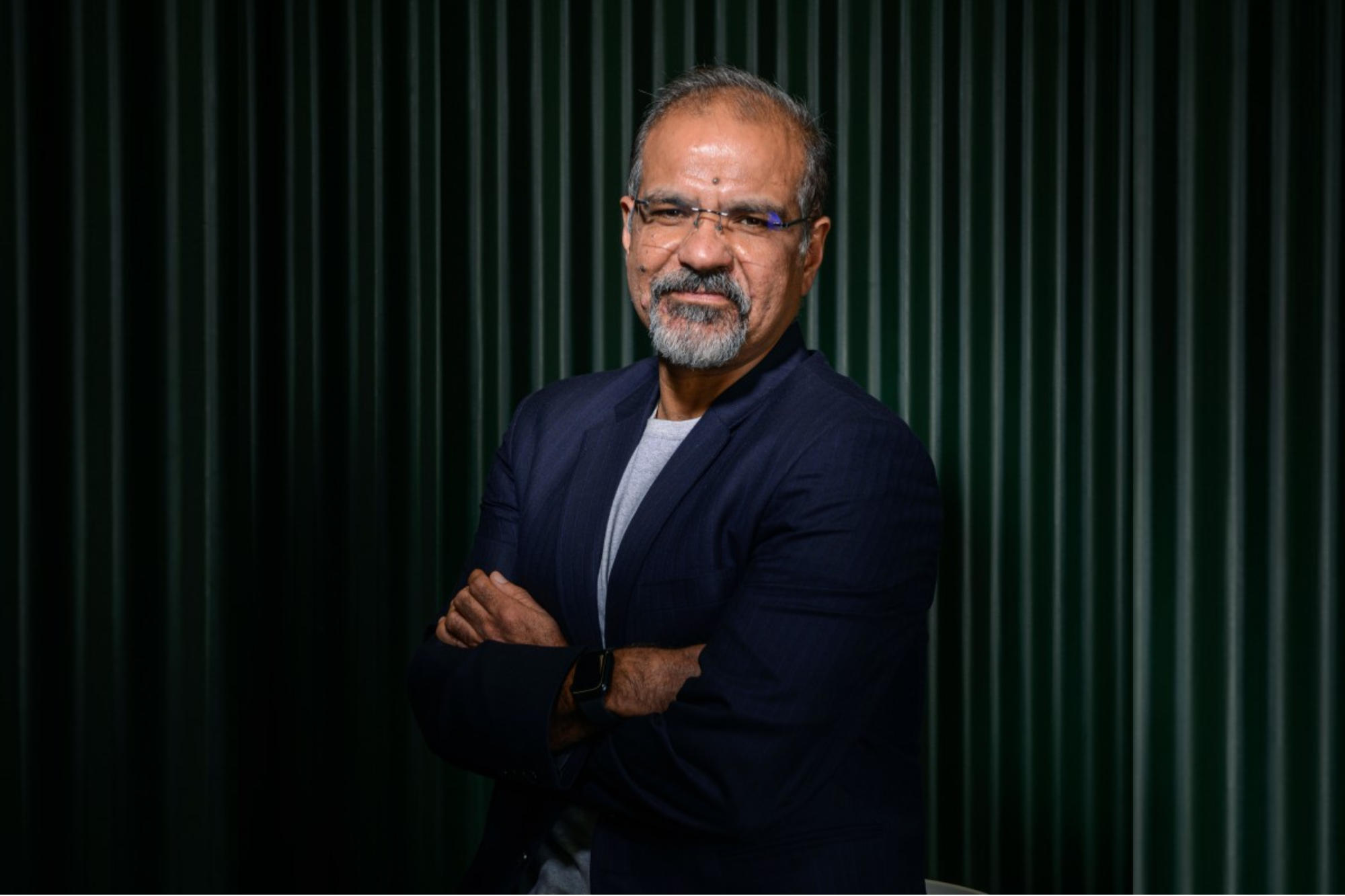How Time-intensive Exit Process Is Affecting India's Startup Ecosystem Growth Experts say that fewer exits happen in India and the process is time-consuming, which can impact the ecosystem and make international VCs averse to investing in India
By S Shanthi
Opinions expressed by Entrepreneur contributors are their own.
You're reading Entrepreneur India, an international franchise of Entrepreneur Media.

The exit momentum for investors has faced headwinds in the recent past. Several high-profile IPOs, including Zomato and Nykaa, signaled a robust exit environment for VC-backed firms. However, experts say that certain economic, regulatory, and market-specific challenges have posed difficulties for exits.
"Indian stock markets can be extremely volatile. Going public (or not) is directly linked to periods of economic certainty or uncertainty. Regulatory approvals can sometimes also be a bottleneck. For instance, the Securities and Exchange Board of India has specific guidelines for IPOs, which might not always be conducive to newer business models," said Sandiip Bhammer, founder and co-managing partner, Green Frontier Capital.
"Exit momentum has greatly stalled in India. And, only one major startup IPO happened in 2023. So, the exit momentum has really stalled, which we think is going to recover with a lot of upcoming IPOs now," said Madhu Shalini Iyer, partner, Rocketship.vc while delivering a keynote at Entrepreneur India's event Entrepreneur 2023.
Experts say that exits are happening in India, but they are fewer in number. "At IPV, we are in the 9th month of 2023 and we have generated nine exits already. So if you have invested in good startups, there is liquidity in the funds as they are sitting on dry powder. They may take longer to invest but they are investing and they are open to secondary," said Ankur Mittal, partner, Physis Capital.
The slowdown is particularly felt as exit happens when a future round of fundraising happens and when demand is more than the supply. So, one of the reasons is today there are more investors who want to put in money than the startups want to raise.
It may be hard to predict exactly when we will see a reversal, but we are closer to it. But, keeping the temporary slump aside, why are exits slower and time-consuming in India in general as compared to other countries?
Why exits are slower in India
The Indian startup ecosystem is younger as compared to places like Silicon Valley and Silicon Wadi. As a result, the number of mature companies reaching an exit stage has been lower. "Also, many startups in India find it more feasible to be acquired by larger players such as corporates and/or PEs than to pursue other exit strategies such as an IPO. Additionally, at times, there's a mismatch between founder/early-stage investor expectations and market realities in terms of valuations," said Bhammer.
There are also structural limitations and the number of firms that can afford to buy out PE/VC-backed companies is limited. "Similarly, the IPO route is available only to companies that meet specific size and profitability metrics (which are pre-conditions put in place by the SEBI to pursue an IPO)," he added.
Moreover, exits are today time-consuming because they are taking place in a private market. In a public market, there is a high level of transparency and documentation is more or less electronic. "So, things move fast and quickly. But in private markets, since there is no open price discovery, there are regulations, which are important too. There are important documents needed like valuation certificate, details of the sellers and transfer documents often have to be in hard copy format adding to the complexity and time needed to complete these processes. Most of these processes are largely offline but they are needed to protect the interests of buyers, sellers and the government, and thus it ends up being time-consuming," said Mittal.
Repercussions on ecosystem
Delays in exits mean that VCs have fewer funds or sometimes, an overallocation to reinvest into new startups. "This could impact innovation, especially among early-stage companies. Further, a challenging exit environment might make VCs more risk-averse in general, while keeping international VCs completely out," said Bhammer.
Frequent successful exits validate the startup ecosystem, drawing more entrepreneurs and investors (particularly international VCs). Experts believe that a lack of such exits could potentially slow the ecosystem's growth and make international VCs more averse to investing in India.
Regarding the current slowdown, Mittal believes it is a temporary phase and when the cycle turns, things should go back to normal. "That's what we have seen for decades in the public markets and last few decades in the private market too. Generally, there is a timeline between the change in equity markets and private market. Now, that global equity markets are back to buoyancy and the same can be expected in the private markets in the near future as well," he said.
Lessons from matured ecosystems
Experts sum up the following things that we can learn from the US and other matured ecosystems.
- In markets like the U.S., regulatory frameworks facilitate quicker exits. India could look at streamlining SEBI's guidelines, making them more startup-friendly.
- Secondary markets, where investors can sell their stakes to other private investors, have flourished in some economies. Enhancing the credibility and functionality of such markets in India can offer interim liquidity options.
- Encouraging more cross-border M&A and listing activities can open up additional exit avenues. For instance, many Israeli startups find exit opportunities in the U.S. market.
- Moving some of the documentation online can speed up the process. This can make it more efficient in future without sacrificing any of the intended purposes.
- A continuous dialogue with LPs about the unique nature and potential extended timelines of the Indian market can ensure sustained capital inflows.













